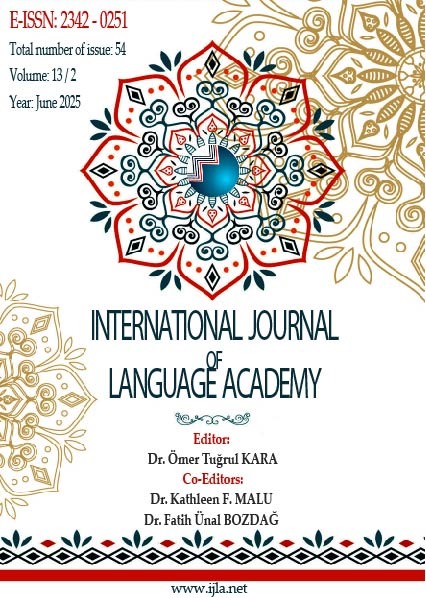Author :
Abstract
Keywords
Abstract
The implementation of formative assessment has gained both momentum and prominence in recent years and has been adopted as a widely used and efficient assessment method. Student achievement can be enhanced through this method both in their learning and in reducing the likelihood of gaps that hinder their academic progress. This study was grounded on the principles of Vygotsky's sociocultural theory and Krashen’s affective filter hypothesis that stressed the importance of feedback, interaction, and affective variables such as anxiety in language acquisition. In line with the students’ views that their foremost challenge was writing in a foreign language, there is a clear need to identify strategies that can reduce writing anxiety. In this regard, this current study explored the extent to how formative assessment impacted the writing anxiety of EFL learners over six weeks. This research utilised a mixed-methods approach within an action research design and involved 30 sophomore students. Pre-test and post-test questionnaires were administered in the quantitative phase of the study and the data were analysed using a paired samples t-test. Descriptive statistics and paired samples t-test analyses were conducted using SPSS 20.0. For the qualitative phase, data were collected through interviews and field notes to ensure comprehensive exploration of participants’ experiences and perceptions. The findings of this study revealed that implementing formative assessment significantly reduced the writing anxiety of EFL learners throughout the learning process. Moreover, qualitative data from interviews and field notes supported these findings as students' confidence and motivation in writing were enhanced. These results therefore support the effectiveness of formative assessment in reducing writing anxiety and creating a more positive learning environment for EFL students.





